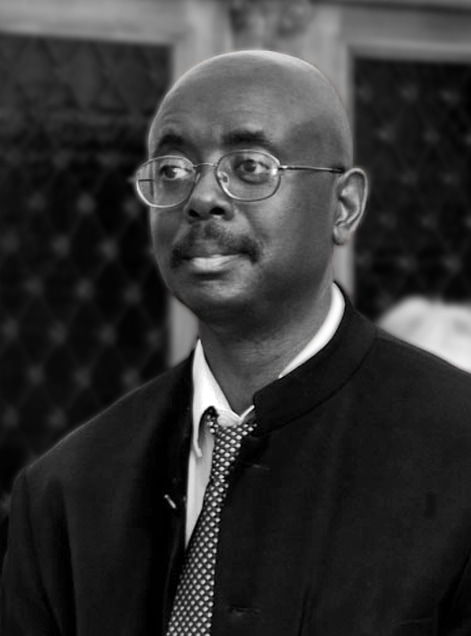A Black Man with a Trumpet: Changing Perceptions Black men with trumpets were often icons changing perceptions of how their people were seen by outsiders. Wynton Marsalis, Dizzy Gillespie and Louis Armstrong changed scholarly perceptions of African Americans. The big question is: Could John Blanke, the trumpeter on the 1511 Westminster Tournament Roll, do something similar for sixteenth century Black Britons?
I have long taught that Black History professionals should marshal historical data to challenge anti-Black perceptions. Other professionals share this view. What they and I disagree upon is: Which historical stories should we prioritise to challenge anti-Black perceptions? Some believe the CORE of Black History should be Black historical figures that appeared in European History. Black British History, for example, contains the ‘Ivory Bangle Lady’ from Roman times, to the likes of Olaudah Equiano, Mary Prince, William Cuffay, Ira Aldridge, Samuel Coleridge Taylor, Leslie Hutchinson and Claudia Jones. By contrast, I believe that the CORE focus should be on Black people within pre European influenced African societies. This shows what Black people were capable of in all African settings. Furthermore, I regard all other Black History, i.e. Black figures in British, European, American and Asian history, as PERIPHERAL history. Could John Blanke, a Black man with a trumpet, change my position on this matter? With the publication of Onyeka’s exquisite Blackamoores: Africans in Tudor England, we learn of perhaps 350 documented Africans in Renaissance England. Many were of Moorish Iberian heritage and were people of status. John Blanke, for example, received unprecedented wedding gifts from the National Treasury. This raises questions such as: Why was he so valued? Did Blanke write the music performed by the trumpeters on the Westminster Tournament Roll ? Professor Maulana Karenga suggests that for Africans to make history, they must shape the world around them in African images and interests. Onyeka suggests the Renaissance era Blacks accomplished this by bringing Moorish Iberian culture to England. It would be wonderful if future scholarship could document Moorish musical elements brought into England, perhaps even by Blanke himself. Bibliography Maulana Karenga, Introduction to Black Studies, 4th Edition, US, University of Sankore, 2010, p.66 Onyeka, Blackamoores: Africans in Tudor England, UK, Narrative Eye and The Circle with a Dot, 2014, p.209 Robin Walker, The Black Musical Tradition AND Early Black Literature, UK, Reklaw Education Limited, 2015, pp.29-32 Robin Walker, Siaf Millar & Saran Keita, Everyday Life in an Early West African Empire, UK, Jacinth Martin’s SIVEN Publishing, 2013, pp.5-6 A longer version of Robin's article with more detail is available here Robin Walker
Writer and Historian |
| The John Blanke Project | robin walker |
